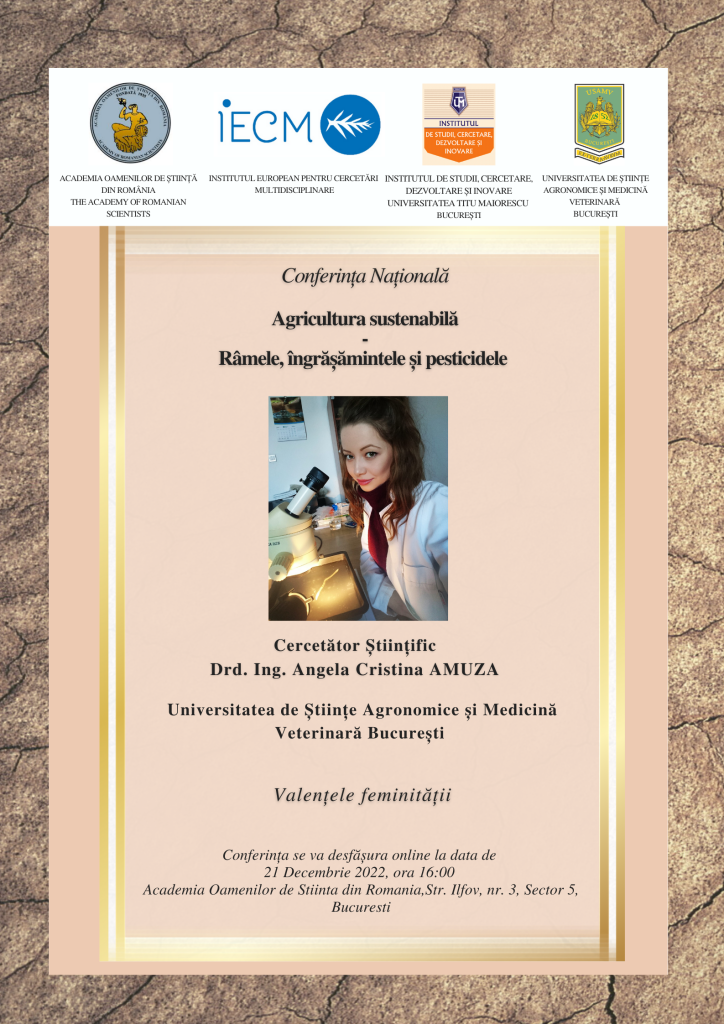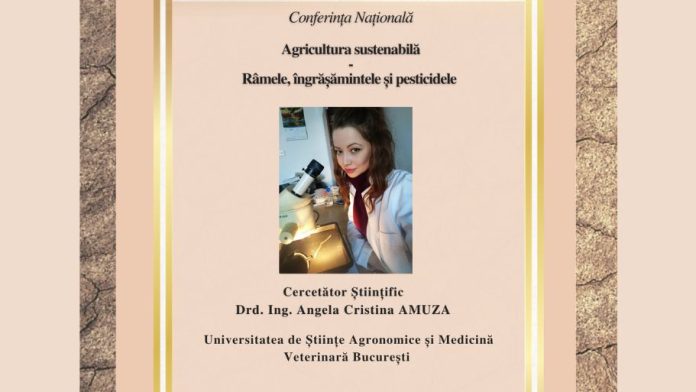The aim of this conference is to present the importance of sustainable agriculture and the positive impact it has on the environment in the long term.
Chemical plant protection, especially the use of pesticides, is a control measure that pollutes the environment and endangers human health, as pesticides easily contaminate air, soil and water. Sustainable agriculture will therefore substantially reduce the use of pesticides to the point of exclusion or will alternate/replace pesticides with environmentally friendly plant protection products. Sustainability involves farming practices that are applicable over long periods of time, conserve natural resources, protect the natural environment and human health.
The indiscriminate use of chemical fertilisers contributes greatly to environmental damage and leads to loss of soil fertility over time. Under normal conditions, soil contains a range of micro- and macro-organisms that can transform organic waste into valuable resources containing plant nutrients essential for soil productivity. Soil-borne earthworms are very important biological organisms that improve soil fertility through the material they remove (coprolite) – they increase the soil’s moisture-holding capacity and improve its porosity. Coprolifera are rich in beneficial microbial populations with pathogen-inhibiting properties and contain natural plant growth regulators.
To be sustainable, agriculture must meet the needs of present and future generations for its products and services, while ensuring profitability, environmental health and social and economic equity.



